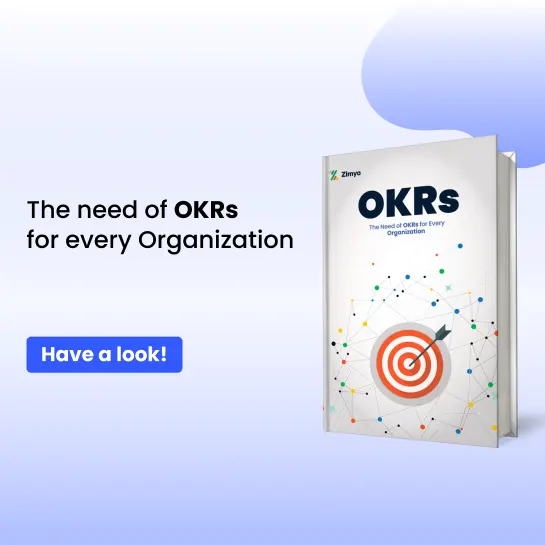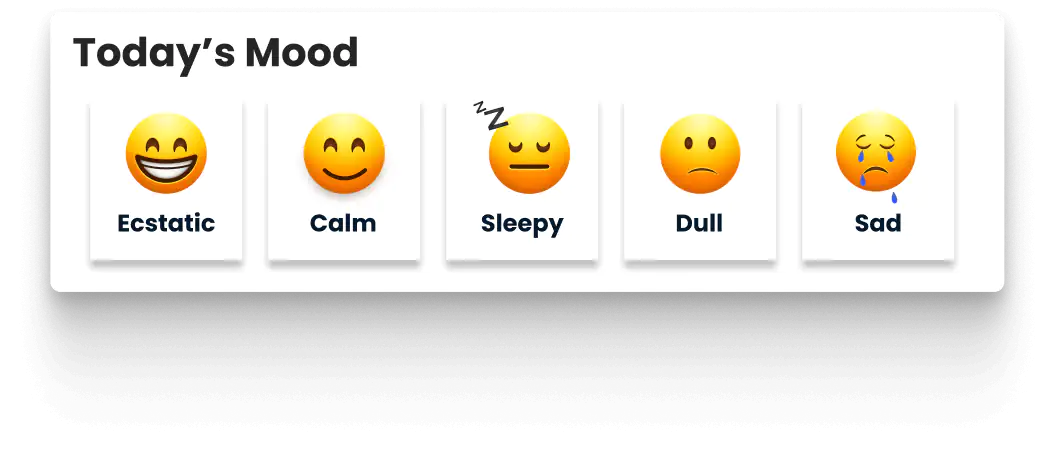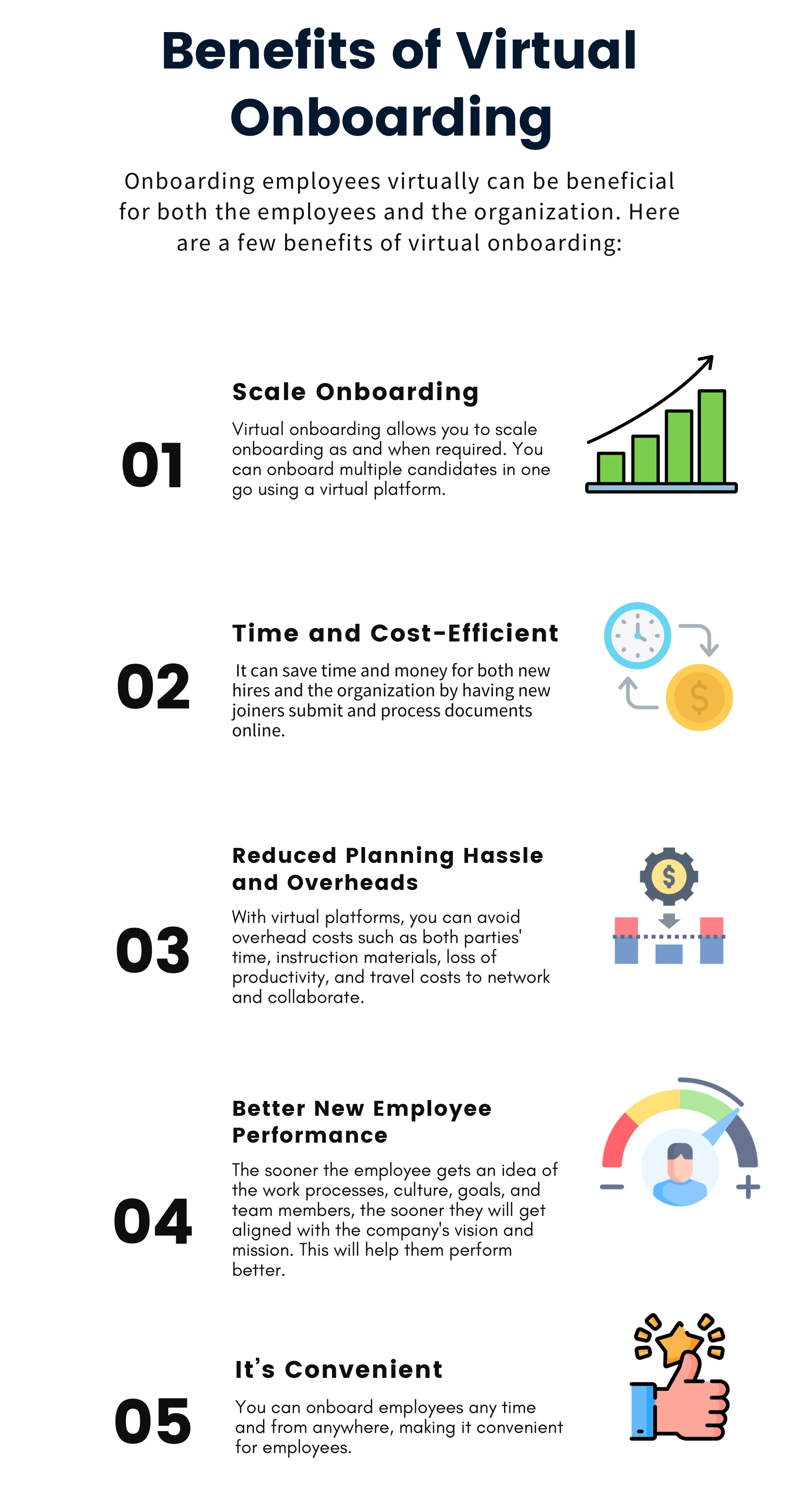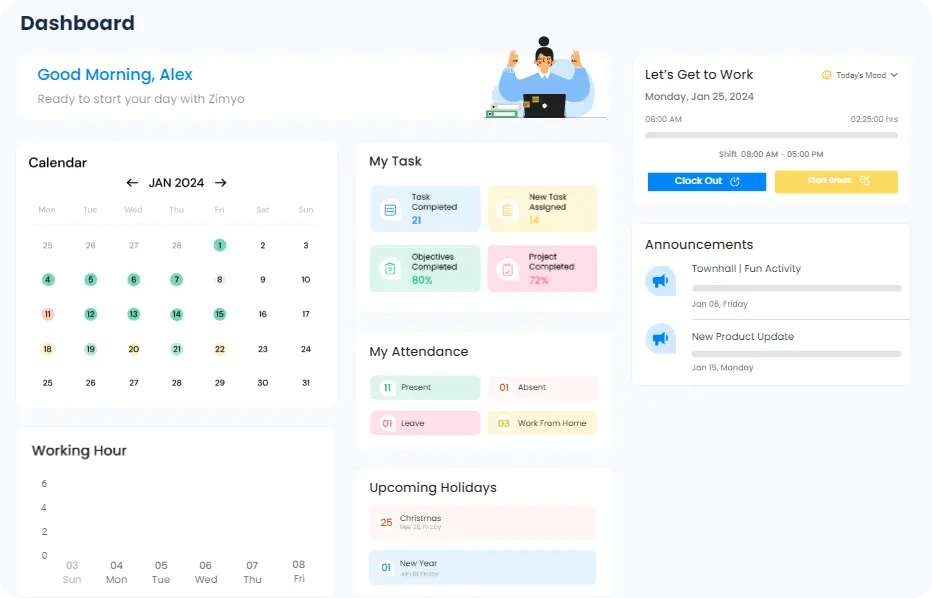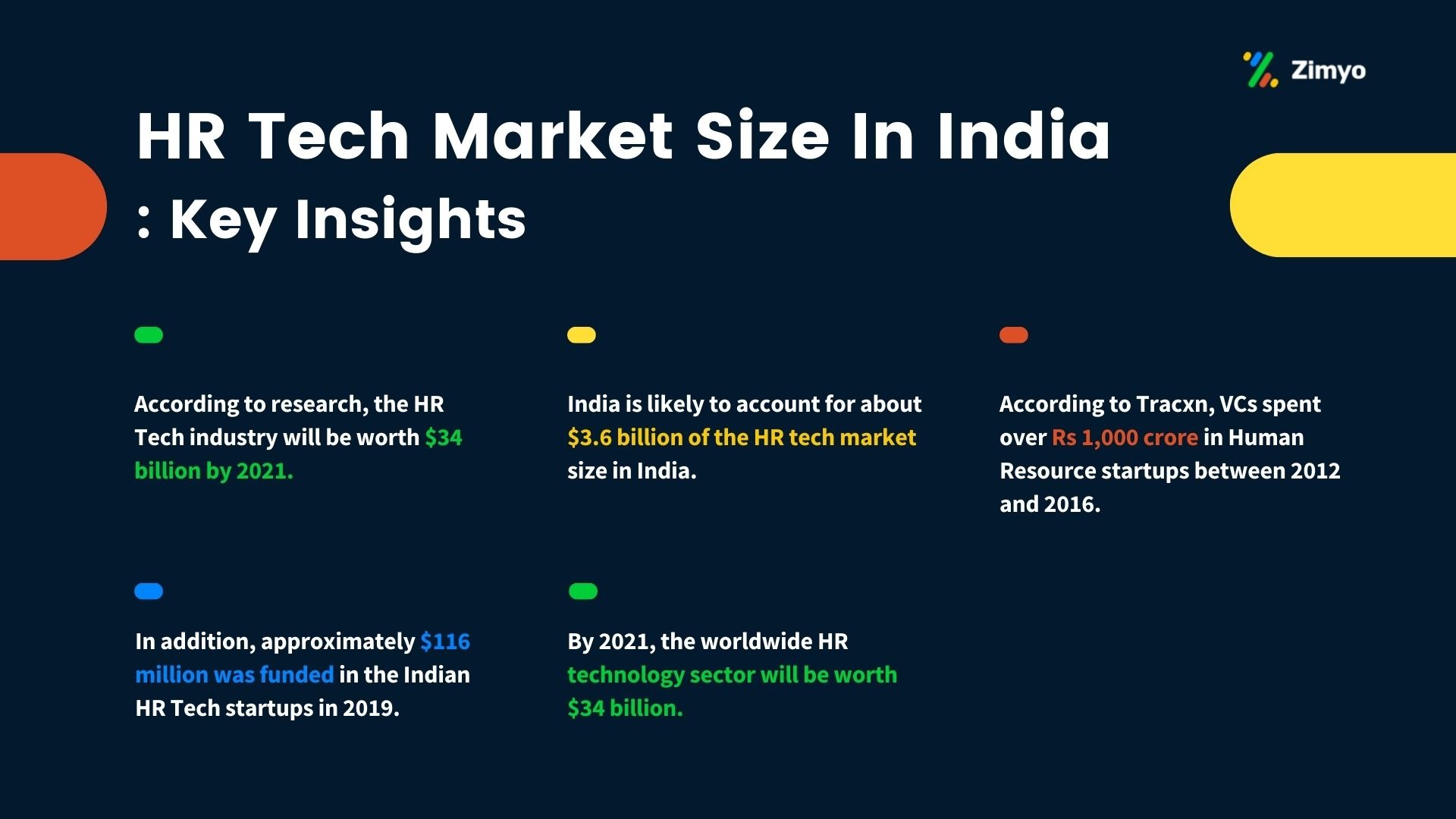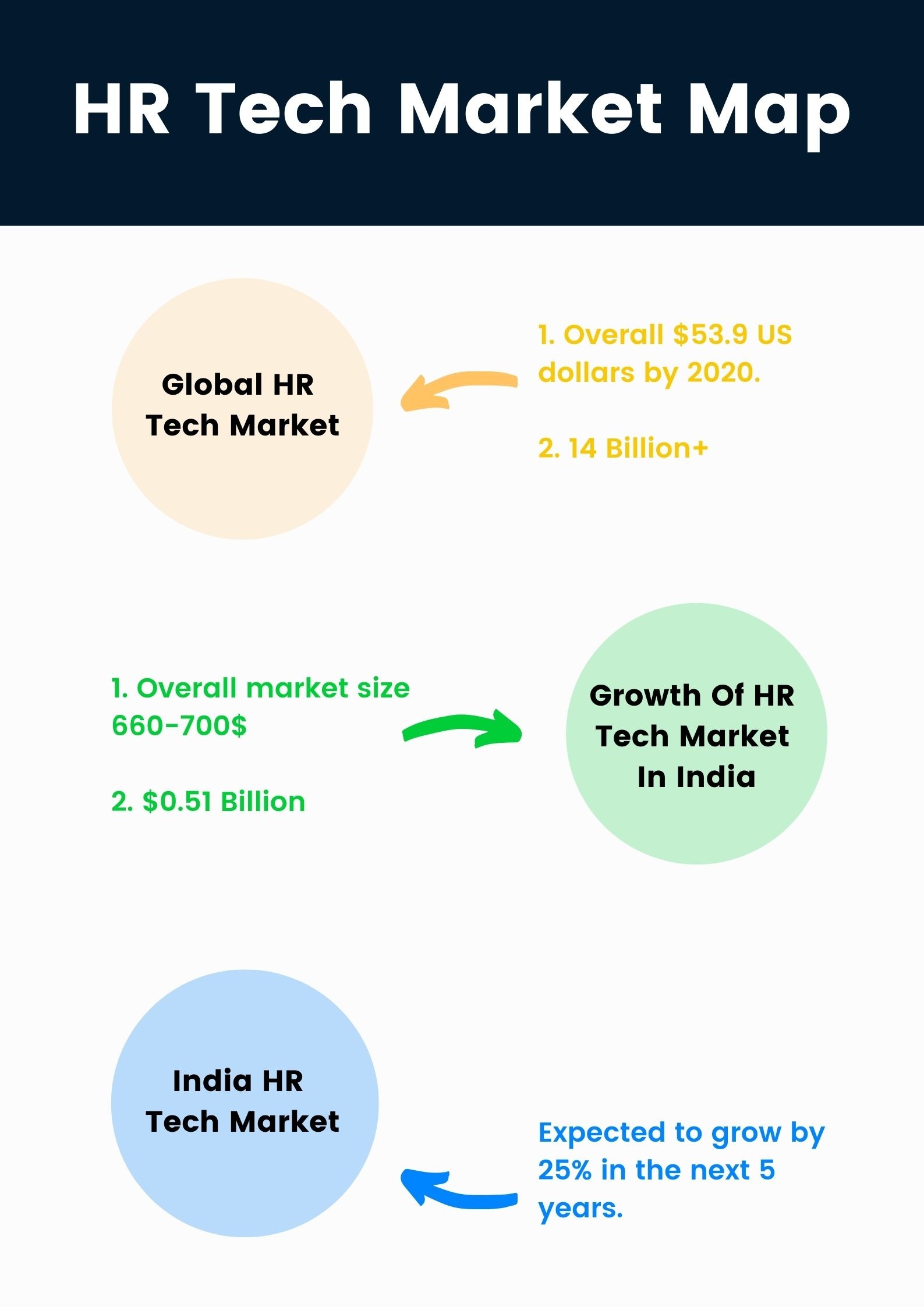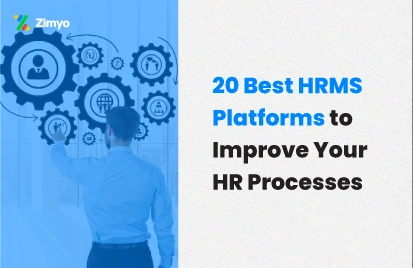As remote and hybrid work becomes the norm, HR tech is playing a major role in helping companies manage, support, and grow their teams. HR tech solutions are designed to improve communication, productivity, and employee experience across remote workplace setups and hybrid models. From hiring to performance tracking, HR technology is shaping the future of work for hybrid companies, remote-first companies, and permanent WFH jobs alike.
Let’s explore the top 10 HR tech solutions that are transforming the way remote and hybrid workforces operate. These tools empower HR departments, streamline workflows, and help build a stronger culture hybrid that supports hybrid workers and remote work positions equally.
Best HR Tech Solutions for Remote & Hybrid Workforces
Following are the 10 Best HR Tech Solutions for Remote & Hybrid Workforces:
- AI-Powered People Analytics
- Cloud-Based HR Platforms
- Virtual Onboarding & Collaboration Tools
- Performance & OKR Management Platforms
- Learning & Development (L&D) Platforms with AI
- Employee Engagement & Well-being Apps
- Candidate Assessment & Virtual Hiring Tools
- Payroll Automation & Global Compliance
- DEIB Analytics Tools
- Metaverse & Immersive Work Environments
Let us understand each one of these in detail.
1. AI-Powered People Analytics
AI-driven analytics helps HR teams understand employee trends, monitor productivity, and track well-being in real time. These insights allow companies to identify patterns in performance, engagement, and turnover, making strategic planning easier and more data based.
In a hybrid working model, where team members are distributed across locations, visibility is crucial. People analytics tools provide the transparency needed to support hybrid workplace decisions, improve remote company structures, and ensure fair treatment across job roles.
Such solutions help eliminate guesswork and bring clarity to human resource technology decisions. They create a foundation for accountability and fairness in hybrid work environments.
Over time, this boosts employee satisfaction and retention, especially in fully remote jobs or WFH night shift jobs, where direct observation is limited.
2. Cloud-Based HR Platforms
Cloud-based HR platforms are the backbone of HR tech solutions for remote and hybrid workforces. They centralize all major functions like onboarding, attendance, payroll, and compliance, making operations smoother across distances.
This form of human resource technology allows teams to access essential information and services anytime, anywhere. It simplifies HR management for hybrid companies that operate with both in-office and remote staff.
These platforms ensure that hybrid workers are onboarded and supported consistently, regardless of location. For remote hiring and remote positions, cloud-based access means zero disruptions to the employee journey.
By offering scalable working solutions work from home, these tools help HR departments adapt quickly to changing business needs and distributed team structures.
3. Virtual Onboarding & Collaboration Tools
Virtual onboarding solutions help new hires feel connected and aligned from day one, even in a remote workplace. A structured virtual welcome process strengthens the hybrid model by offering consistent employee experience.
These tools also promote teamwork across time zones and geographies. They make sure that remote company employees and hybrid workers can collaborate effectively, share updates, and stay informed.
Virtual collaboration tools reduce isolation by keeping communication channels open. They also enable culture hybrid development through shared online spaces and interactive sessions.
When done well, virtual onboarding and collaboration support hybrid work by creating a sense of community and belonging, no matter where the employee is based.
4. Performance & OKR Management Platforms
Performance management tools in HR tech help remote and hybrid teams stay focused on goals. These platforms enable continuous feedback, regular check-ins, and performance reviews in a structured way.
They offer visibility into individual and team achievements, which is essential for remote positions and hybrid companies. In the absence of physical supervision, goal tracking maintains accountability and clarity.
OKR-based frameworks align efforts with company objectives, creating transparency across all levels. This is especially useful in hybrid workplaces where priorities might vary by location or department.
For remote first companies and permanent WFH jobs, such platforms build a culture of trust and empowerment, promoting ownership of results over hours worked.
5. Learning & Development (L&D) Platforms with AI
Learning platforms powered by AI offer self-paced training and upskilling tailored to each employee’s career path. This is vital for a hybrid work model where personalized development must be flexible.
AI-driven suggestions keep content relevant and engaging, increasing participation rates among remote and hybrid work employees. These platforms support long-term growth regardless of physical presence.
In remote work, L&D helps employees stay competitive and motivated. It also ensures hybrid companies are continuously improving the skills of their workforce.
HR tech solutions in this space are ideal for WFH night shift jobs and remote hiring models, where live training isn’t always feasible.
6. Employee Engagement & Well-being Apps
Employee engagement and well-being are major focus areas for HR tech in remote and hybrid work settings. Well-being apps monitor mood, stress levels, and burnout risks while offering wellness resources.
They support mental health and promote a healthy work-life balance—something that is often a challenge for remote positions and fully remote jobs.
Engagement tools build stronger hybrid workplace culture by encouraging feedback, social interaction, and recognition. These elements are key to reducing turnover and increasing loyalty.
By addressing emotional and psychological needs, HR technology helps hybrid workers stay motivated, happy, and connected to their teams.
7. Candidate Assessment & Virtual Hiring Tools
Hiring remote and hybrid workforces requires modern tools that can evaluate candidates fairly and efficiently from anywhere. AI-powered assessments ensure objectivity in evaluating skills and behaviors.
These tools speed up the remote hiring process while maintaining quality. This is critical for hybrid companies that need to scale teams across different regions.
By reducing hiring bias and improving candidate experience, HR tech supports inclusive and effective recruitment. It helps HR tech companies fill remote positions faster.
Virtual hiring tools also align with working solutions work from home strategies, creating a seamless pipeline for WFH night shift jobs and permanent WFH jobs.
8. Payroll Automation & Global Compliance
Managing payroll across remote and hybrid work teams can be complex. Payroll automation tools simplify this process by handling taxes, benefits, and salary disbursement globally.
These HR tech solutions ensure accuracy and compliance with local regulations, even for cross-border hires. This is especially useful for remote-first companies and remote hiring setups.
Employees in remote workplaces benefit from consistent and timely payments, improving trust and satisfaction. Hybrid companies reduce administrative workload and payroll errors.
With this level of automation, HR teams can focus more on strategy and employee engagement, rather than paperwork.
9. DEIB Analytics Tools
Diversity, equity, inclusion, and belonging (DEIB) analytics tools are vital for tracking workforce representation. They identify equity gaps and promote fair practices across remote and hybrid work environments.
HR tech companies use these tools to make data-driven decisions about hiring, promotion, and development. They help foster a culture hybrid that values inclusion.
DEIB tools ensure that all employees—regardless of location—have equal opportunities and are treated fairly. This is crucial for building trust in hybrid workplace structures.
By embracing DEIB as a strategic priority, companies can strengthen their employer brand and attract top talent from diverse backgrounds.
10. Metaverse & Immersive Work Environments

Immersive technologies are an emerging aspect of HR technology. They provide virtual environments for onboarding, training, and team meetings, making remote interactions more engaging.
These tools simulate in-person experiences, boosting collaboration and communication among hybrid workers. They are especially useful in building team spirit in remote workplaces.
By gamifying certain HR processes, immersive tools can increase motivation and creativity. This is valuable for remote companies looking to enhance employee experience.
As remote and hybrid work continue to grow, metaverse solutions may become a standard part of HR tech strategies, especially for future-focused hybrid companies.
Why Zimyo is the Best HR Tech Solution for Remote and Hybrid Workplaces
When it comes to finding the most reliable and all-in-one HR tech solution for managing remote and hybrid workforces, Zimyo stands out as the top choice.
Its comprehensive suite offers everything—from seamless onboarding and payroll automation to performance tracking, employee engagement, and compliance—all in one intuitive platform.
What makes Zimyo different is its user-friendly interface, quick implementation, and deep customization options designed for both small teams and large enterprises. Whether you’re a remote company, a hybrid workplace, or managing WFH night shift jobs, Zimyo’s smart workflows and advanced analytics help HR teams boost productivity and enhance employee experience.
If you’re ready to transform your HR operations with powerful human resource technology, it’s time to experience Zimyo in action.
Schedule a free demo today and see how Zimyo can support your team—wherever they work from.
Just fill out the form and let us show you how Zimyo can be your trusted HR partner in the modern work era.
HR Tech Market Size In India
HR Tech Market Map
The Crux
As the lines between office and home continue to blur, HR tech is at the forefront of making remote and hybrid work successful. These ten HR tech solutions support everything from hiring and onboarding to engagement and performance, ensuring employees stay productive and happy.
By investing in the right tools and practices, companies can build a flexible, inclusive, and efficient hybrid workplace. Whether you’re a remote company or exploring hybrid models, leveraging human resource technology is key to thriving in today’s world of work.
Stay ahead with the right HR tech and empower your workforce for the future of work.




